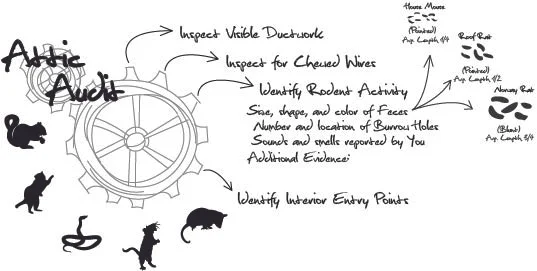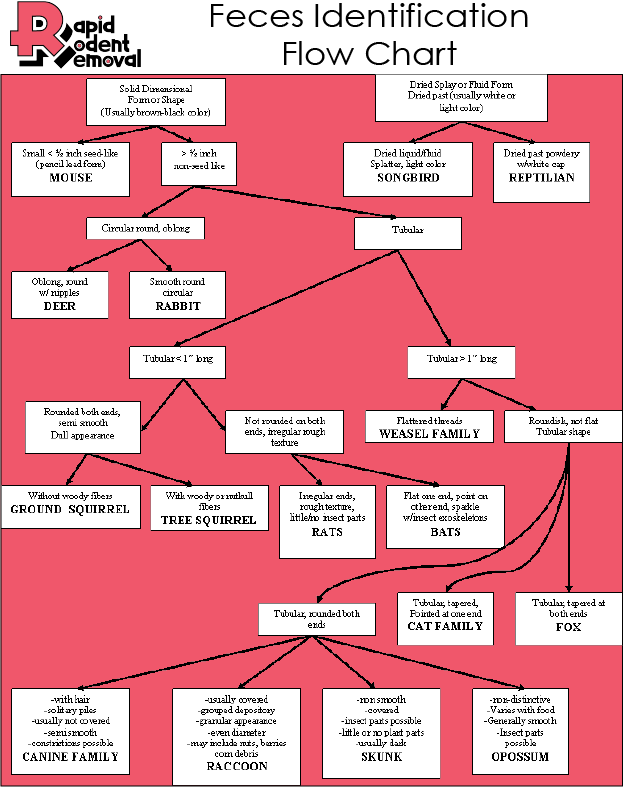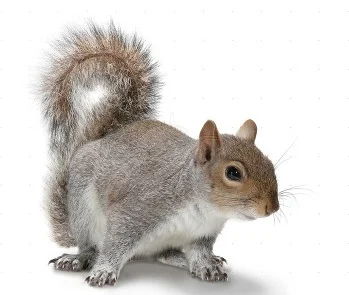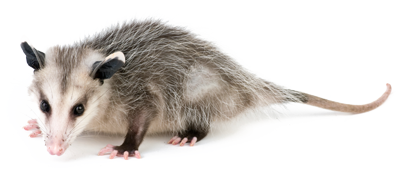Raccoons
All About Raccoons …
Raccoons are usually classified as a pest species due to their habits of living in human dwellings. The most common complaints include the following:
Raccoons living in the attic
Raccoons living in the chimney
Tipping over garbage cans
Stealing pet food or bird seed
Sick, potentially rabid raccoon
Presence is alarming dogs/pets
For these reasons, many people wish to have this nuisance animal trapped and removed.
Raccoons are medium-sized mammals native to North America. They belong to the family Procyonidae and the genus Procyon. Raccoons have a distinctive black and white striped tail, and a bandit-like mask of black fur around their eyes. They have thick, grayish fur that helps keep them warm in cold temperatures. Raccoons are omnivores and eat a wide variety of food, including fruits, vegetables, nuts, insects, fish, and small mammals. They are primarily nocturnal and are skilled climbers, swimmers and problem-solvers. Raccoons are known to be carriers of diseases such as rabies and distemper, and can also be a nuisance to homeowners by getting into trash cans and gardens.
Raccoons are highly adaptable animals and can be found in a wide range of habitats, including forests, wetlands, and urban areas. They are primarily nocturnal, but may also be active during the day. Raccoons are skilled climbers and can easily climb trees, walls, and other structures to find food or shelter. They are also strong swimmers and can hold their breath for several minutes while diving for food. Raccoons are known to be curious and intelligent animals, and are able to solve complex problems to obtain food or other resources.
In terms of social behavior, raccoons are generally solitary animals, but may form loose colonies in areas with abundant food sources. During the breeding season, males will travel long distances to find a mate, and females will give birth to litters of 2-5 young. Raccoons are known to be vocal animals and communicate with each other using a variety of sounds, including purring, growling, and whining.
Raccoons can be a nuisance to homeowners because they are known to raid trash cans and gardens in search of food. They may also cause damage to structures by gnawing on wood or tearing off shingles to gain access to attics or chimneys. In addition, raccoons can carry diseases such as rabies and distemper and should be avoided or handled with caution.
articles:
What does a rat nest look like ?
What is a Squirrel King










